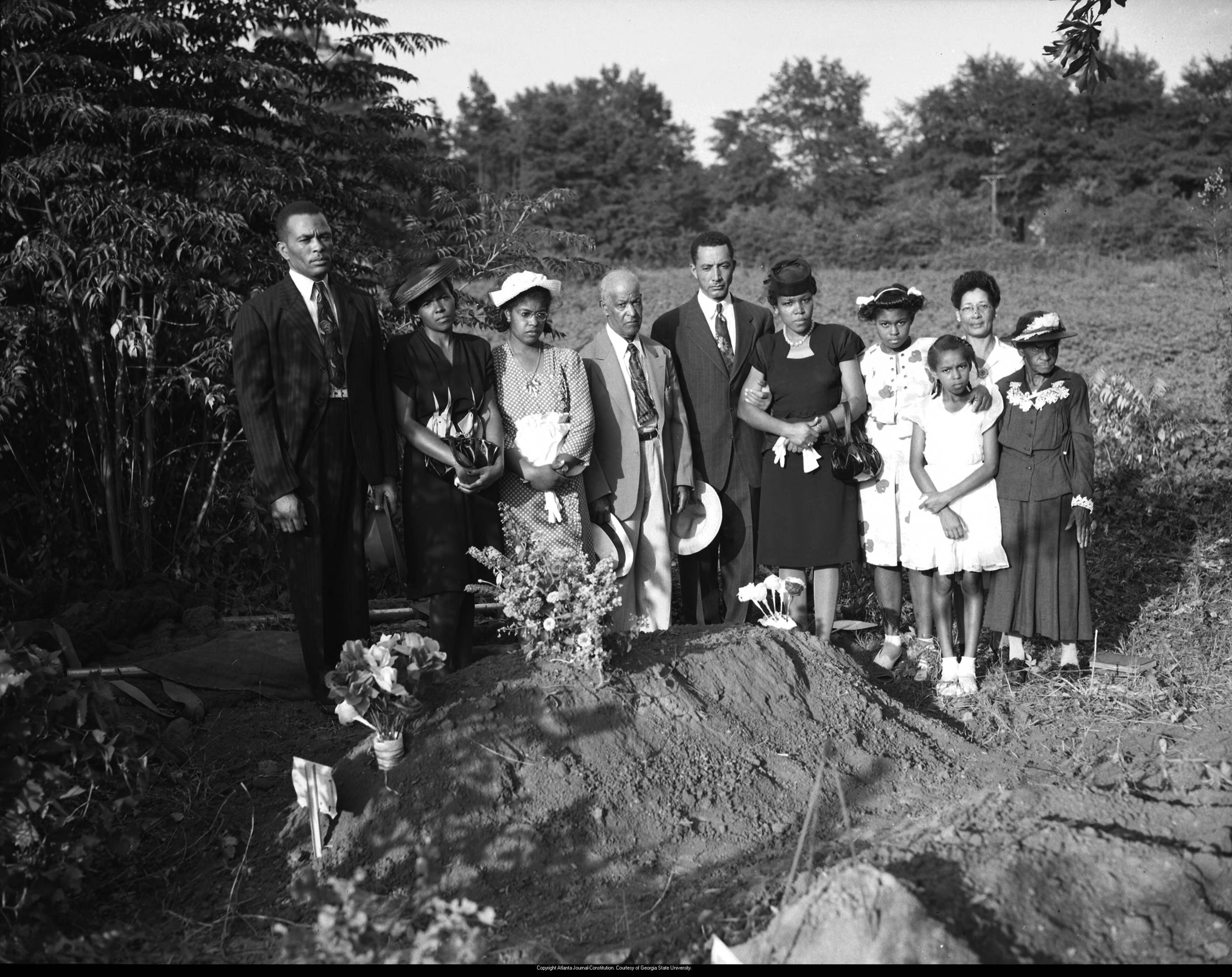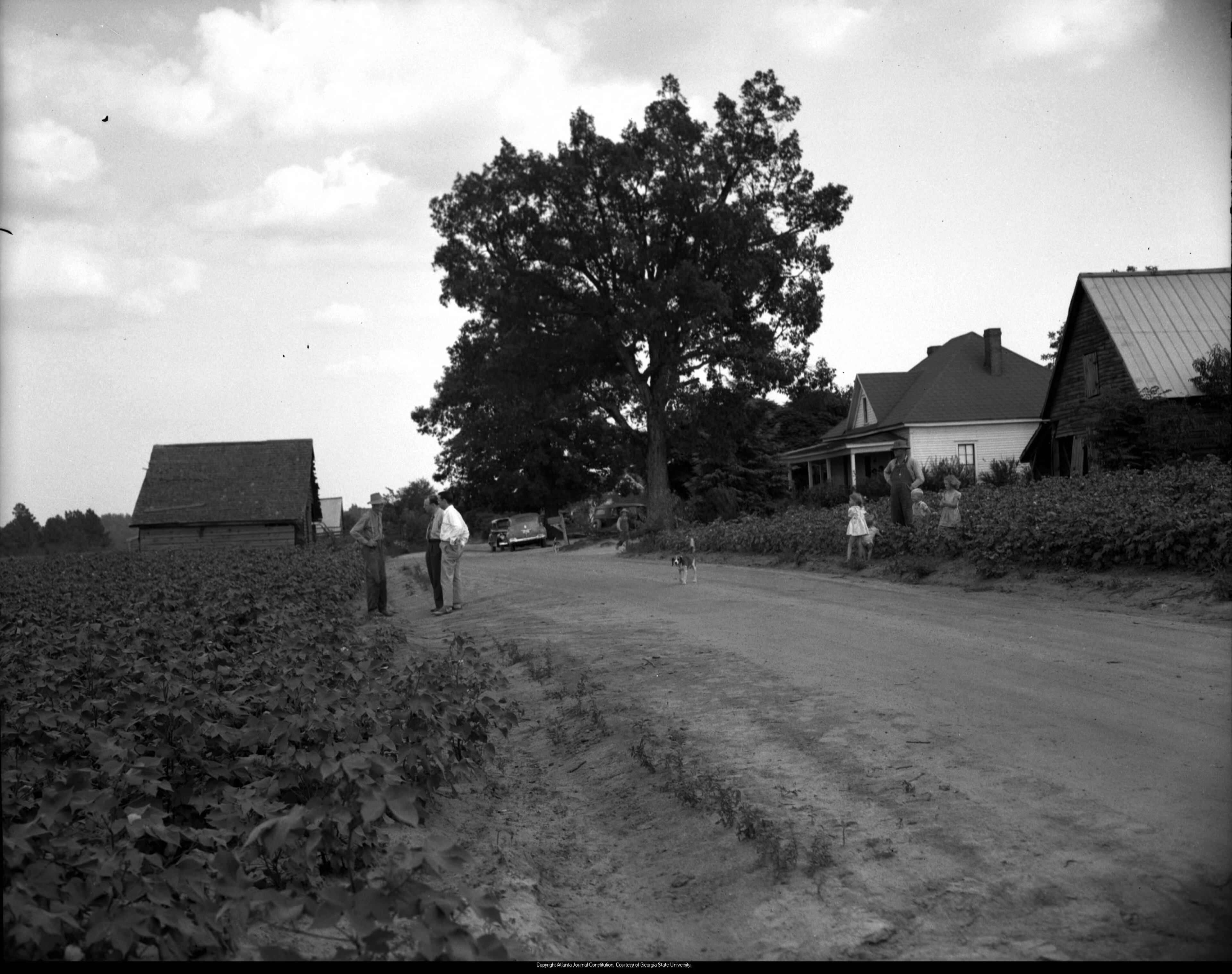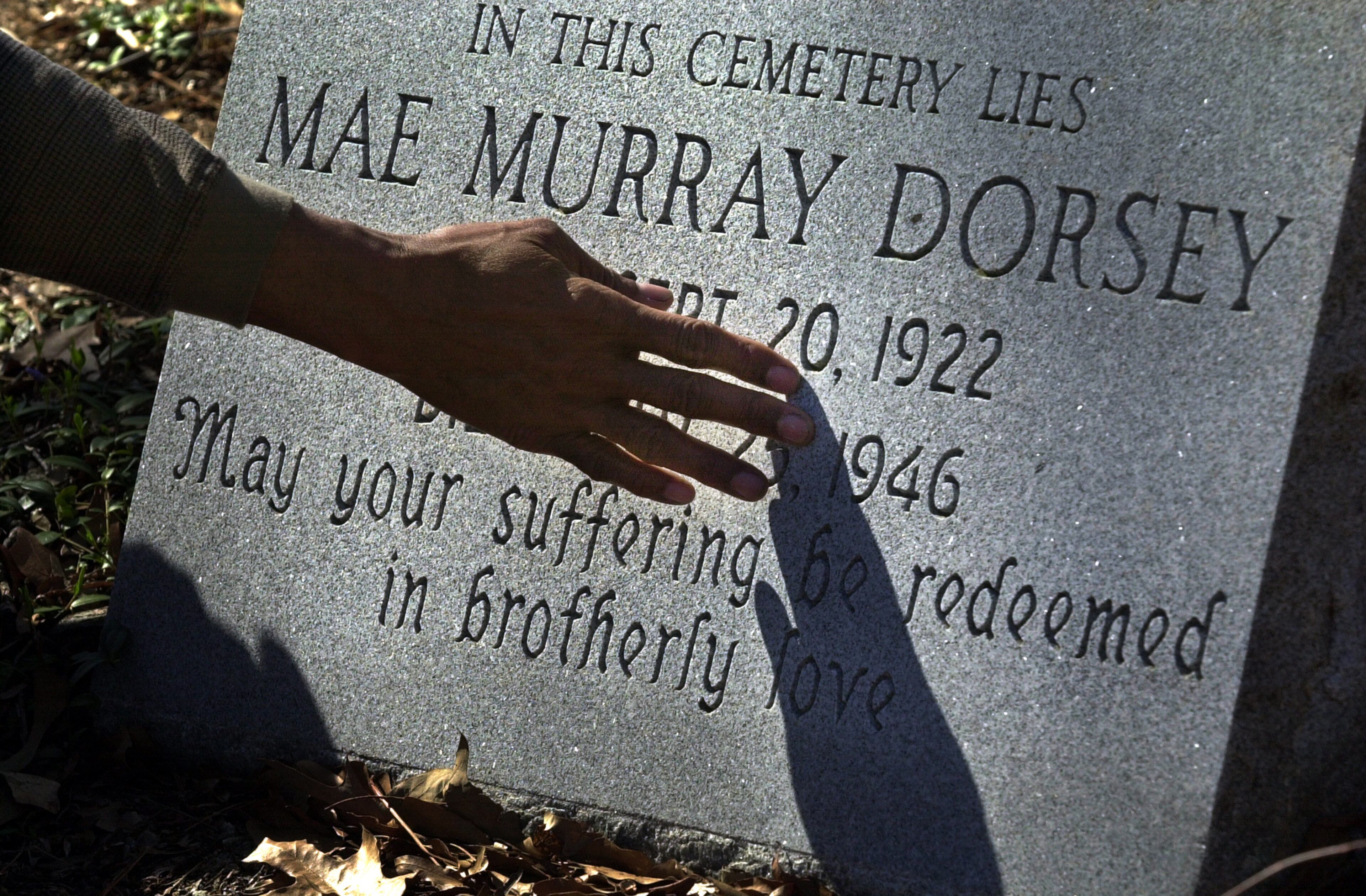Court: Release Georgia lynching case transcripts









Long lost grand jury transcripts that could shed light on one of Georgia’s most notorious unsolved lynching cases should be released, a federal appeals panel affirmed on Monday.
The Moore’s Ford lynching was never solved, and none of the suspects in the white mob that brutally shot two African-American couples near a remote crossing of the Apalachee River was ever held accountable for the July 25, 1946 murders.
The transcripts from the federal grand jury that met in Athens in December 1946 are one of the last hopes for getting at an enduring question: What happened inside a closed grand jury room that led to no charges against any of the suspects in the mob?
VIDEO: Previous coverage on this issue
The transcripts had been presumed lost or destroyed, but historian Anthony Pitch located them in the National Archives while researching a book on the case. He petitioned to have the government release the transcripts and a federal judge in Macon ruled in his favor in 2017. But the U.S. Justice Department appealed and its lawyers argued that grand jury proceedings are secret and should remain so even though the case was more than seven decades old.
Agents conducted close to 2,800 interviews in their effort to identify members of a white mob that abducted the field hands and shot them near the Moore’s Ford Bridge at the Walton-Oconee County line. FBI agents, however, were frustrated by the unwillingness of locals in the community to cooperate and a grand jury that met in Athens ended with no charges.
After publicity in the early 1990s rekindled interest in the case, both the Georgia Bureau of Investigation and the Federal Bureau of Investigation reopened the cold cases. But many suspects identified in the original 1946 investigation were dead and the few remaining known suspects died off in the intervening years. Last year, the agency closed its investigation shortly after the FBI had concluded its case. The GBI was unaware the grand jury transcripts still existed.

In October, a three-judge panel of the 11th Circuit U.S. Court of Appeals listened to oral arguments in the case. Roger Malcolm’s granddaughter, Atanya Lynette Hayes, had travelled from Ohio to hear the arguments. She said the panel’s decision Monday offers hope that light will be shed who murdered her grandfather and the three others.
“I’m filled with emotions,” Hayes said. “I can’t stop crying. This may seem small to other people, but it’s huge to me.”
Pitch’s attorney, Joe Bell, said the government could continue to fight the release of the transcripts by appealing the court’s decision to the U.S. Supreme Court. He said he spoke with lawyers from the Justice Department several weeks ago and they were noncommittal about how they would proceed if the 11th Circuit panel of three judges ruled against them.

Regardless, Bell said Monday’s decision was a significant moment in trying to get to the truth of what happened all those decades ago.
“It’s another brick in the emerging wall of justice,” he said. “I’m overwhelmed with joy.”


